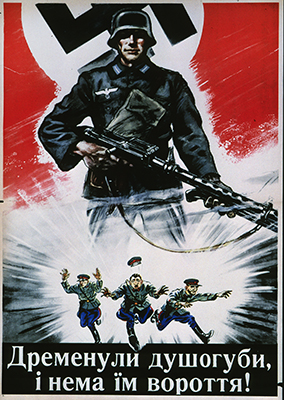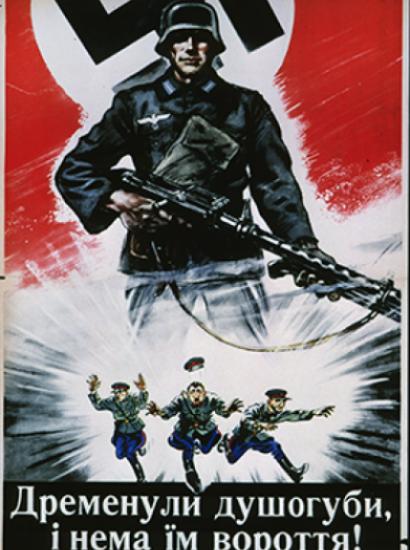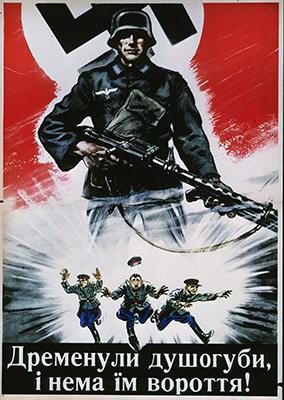- History
- Military
- Politics, Institutions, and Public Opinion

Military history burst onto the news last week with the statement of President Frank-Walter Steinmeier of Germany justifying the controversial Nord Stream 2 gas pipeline from Russia to Germany as an apology for Operation Barbarossa, Hitler’s invasion of the USSR in 1941. “June 22 will be the eightieth anniversary of the beginning of the German invasion of the Soviet Union,” the German head of state said. “More than twenty million people of the former Soviet Union fell victim to the war. … We can’t lose sight of the bigger picture. Yes, we now live in a time of difficult relations but there was a past before that and a there will be a future after it.”
Because Nord Stream 2, which will carry 55 billion cubic meters of natural gas annually from Russia to Germany and on into central Europe, goes down international waters in the Baltic Sea, it will cut out Ukraine, which makes $1 billion a year in transit fees from the Russian pipeline that presently crosses its territory.
The Ukrainians, who suffered monstrously at the hands of the Nazis in World War II too, reacted with predictable fury at the German president’s statement. Andrij Melnyk, the Ukrainian ambassador to Berlin, said that Steinmeier’s “dubious historical arguments” had “cut us Ukrainians to the quick,” adding, “It’s cynical to bring the atrocities of the Nazi reign of terror into play in precisely this debate, and what’s more to ascribe the millions of victims of the German war of destruction and enslavement solely to Russia.”
Nor was Melnyk alone in drawing comparisons to the World War II era; a Polish minister has compared the new Russo-German rapprochement, which will leave Germany dependant on Russia for 35% of its energy needs, to the Nazi-Soviet Pact, which, once signed by Russian foreign minister V. I. Molotov and German foreign minister Joachim von Ribbentrop on August 23, 1939, led directly to the German invasion of western Poland one week later, and the Soviet invasion of eastern Poland that October.
Acutely sensitive and painful historical analogies such as these would not be being bandied about by senior European politicians and diplomats were Nord Stream 2 not such a monumental new geopolitical factor in European politics. The consequences are huge, including for the United States which has tried hard, but seems to have failed, to prevent Nord Stream 2 from ever being built.
With Germany becoming ever more energy-dependant on Russia, the Biden Administration might soon be needing a more trustworthy leading ally on the other side of the Atlantic to take the place of Germany, perhaps one that has recently left the European Union and thus regained control of its destiny. The United States might even choose a partner who was on the same side as her in the conflict that these Central Europeans keep referring to.















